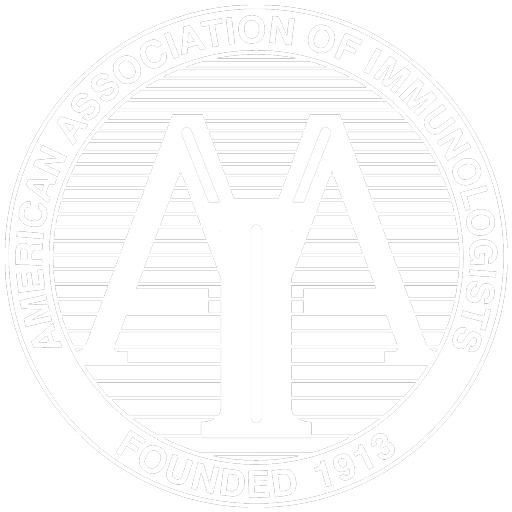There is a postdoctoral position available for a highly motivated investigator to explore unique mechanisms of immune activation in autoinflammatory diseases driven by a gain-of-function mutation in the cytosolic sensor STING or by the loss of DNAse II. The lab has developed murine models that recapitulate many of the clinical features of the corresponding human diseases. These models provide an opportunity for exploring the role type III IFNs, the radioresistant innate immune responses that initiate these conditions, and the further characterization of pathogenic T cells and B cells. The approach will utilize a combination of cellular immunology, multi-parameter flow cytometry, transcriptomics and bioinformatics to better understand the cross-regulation of innate and adaptive immune components in these conditions.
Qualifications include: a PhD in Immunology, Cell Biology, Molecular Biology or related discipline; a working knowledge of cellular immunology, B and T cell development, and innate immune pathways; hands-on laboratory experience in relevant methodologies, trouble-shooting technical problems, and data analysis; outstanding organizational and time management skills; and the ability to work both independently and as part of a team in a fast-paced environment.
Experience in the following techniques is preferred: handling/injecting/genotyping mice, preparation of lymphoid and non-lymphoid tissues for histology, isolation and cell culture of lymphocyte populations, multicolor flow cytometry, DNA/RNA purification and quantification, qPCR, enzyme-based immunoassays, and immunofluorescent/confocal microscopy, and database comparisons.
The position includes opportunities for project and career development, interaction with a diverse, talented and collegial immunology community at UMMS.
UMass Medical Center is an equal opportunity employer.
For more information, contact Ann Marshak-Rothstein at ann.rothstein@umassmed.edu.
